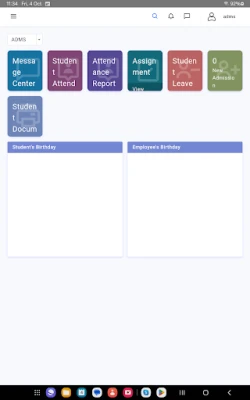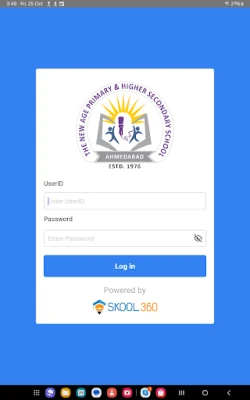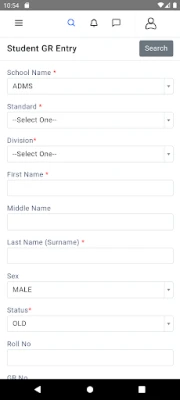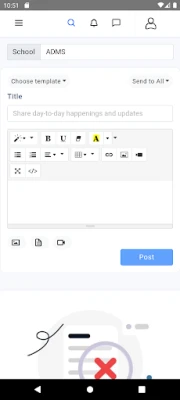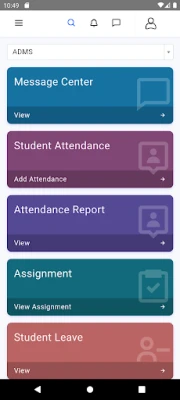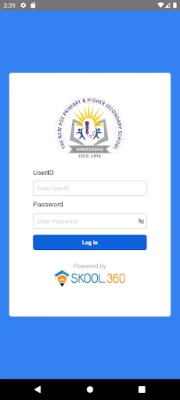
Latest Version
2.0
October 06, 2025
ADM Systems Pvt Ltd
Education
Android
0
Free
com.edplex.thenewageschool
Report a Problem
More About The New Age School
Streamline Your School Management: A Comprehensive Guide
In today's fast-paced educational environment, effective school management is crucial for success. With the right tools and strategies, schools can enhance their operations, improve communication, and foster a better learning experience. This article explores essential features that simplify school management, making it easier to handle multiple locations, manage data, and improve overall efficiency.
Effortless Setup for Multi-Location Schools
Setting up a school management system that accommodates multiple locations can seem daunting. However, modern solutions offer user-friendly interfaces that allow administrators to easily configure settings for each branch. This flexibility ensures that all locations operate under a unified system while catering to their unique needs.
Comprehensive Management of Parent and Student Data
Managing parent and student data is a critical aspect of school administration. A robust school management system enables institutions to securely store and access vital information, including contact details, academic records, and attendance history. This centralized database not only streamlines communication but also enhances data accuracy and security.
Efficient Staff Management
Managing staff effectively is essential for maintaining a productive educational environment. A comprehensive school management system allows administrators to track staff information, including qualifications, schedules, and performance evaluations. This feature simplifies the hiring process and ensures that schools can allocate resources efficiently.
Streamlined Financial Management
Managing accounts and finances is a significant responsibility for any educational institution. A dedicated school management system provides tools for budgeting, invoicing, and tracking expenses. By automating these processes, schools can reduce errors, save time, and gain better insights into their financial health.
Library Management Made Simple
A well-organized library is a cornerstone of any educational institution. School management systems often include library management features that allow staff to catalog books, track loans, and manage inventory. This functionality ensures that students have easy access to resources while helping librarians maintain an efficient operation.
Data-Driven Decision Making with MIS Reports
Management Information System (MIS) reports are invaluable for school administrators. These reports provide insights into various aspects of school operations, including student performance, attendance trends, and financial status. By leveraging data-driven insights, schools can make informed decisions that enhance educational outcomes and operational efficiency.
Enhancing Communication Channels
Effective communication is vital for fostering a positive school environment. A comprehensive school management system facilitates communication between parents, students, and staff through various channels, including messaging apps, email notifications, and announcements. This connectivity ensures that everyone stays informed and engaged in the educational process.
Integrating Learning Management Systems (LMS)
Incorporating a Learning Management System (LMS) into school management enhances the learning experience for students. An LMS provides a platform for online learning, resource sharing, and assessment tracking. By integrating this technology, schools can offer flexible learning options that cater to diverse student needs and learning styles.
Conclusion: The Future of School Management
In conclusion, adopting a comprehensive school management system is essential for modern educational institutions. By streamlining operations, managing data effectively, and enhancing communication, schools can create a more efficient and engaging learning environment. As technology continues to evolve, embracing these tools will be crucial for staying ahead in the competitive educational landscape.
Investing in a robust school management system not only simplifies administrative tasks but also empowers educators and students alike. With the right approach, schools can thrive and provide exceptional educational experiences for all.
Rate the App
User Reviews
Popular Apps










Editor's Choice











